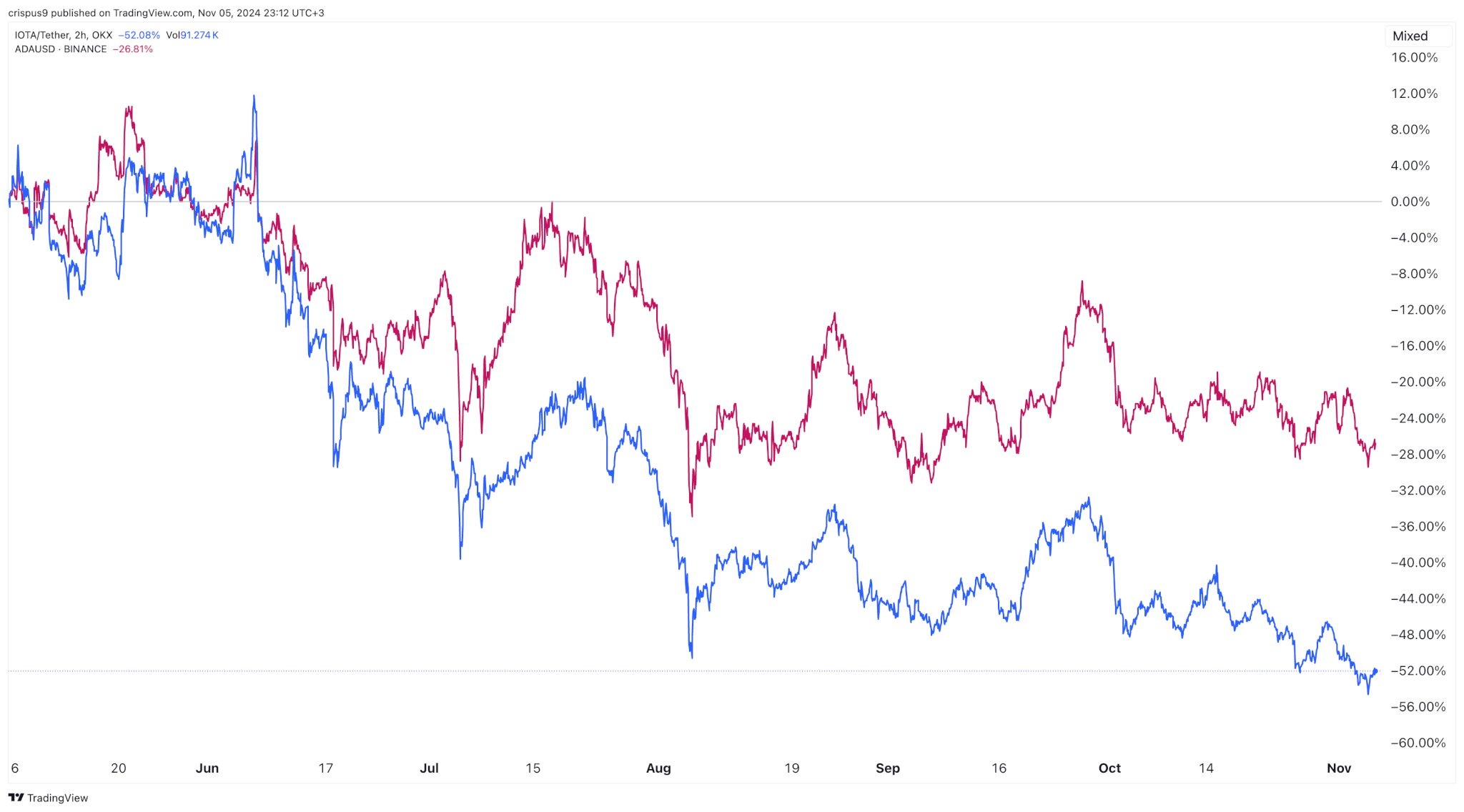Canary Capital files for Litecoin ETF after recent XRP ETF filing
Canary Capital has filed for a spot Litecoin ETF.
The ETF aims to offer institutional investors exposure to Litecoin’s value.
Regulatory challenges may arise, especially regarding market infrastructure and liquidity.
Canary Capital, a notable name in the world of cryptocurrency investment, has filed for a spot Litecoin exchange-traded fund (ETF) with the US Securities and Exchange Commission (SEC).
This recent filing comes just days after the company submitted a similar registration for a spot XRP ETF.
The latest filings signal the firm’s ambitious expansion plans in the digital asset investment landscape, targeting institutional investors seeking reliable cryptocurrency exposure.
Aiming to tap into the potential of Litecoin (LTC)
The newly filed S-1 registration statement outlines Canary Capital’s objective to provide investors with exposure to the value of Litecoin (LTC) held by the trust.
According to the filing, the ETF will track the price movements of Litecoin, although specifics about the custodian or administrator for the fund were not disclosed.
Canary Capital aims to position Litecoin as a compelling choice for institutional investors looking for exposure to a “time-tested and reliable cryptocurrency.”
In a statement, the firm emphasized Litecoin’s prominent role in the broader cryptocurrency ecosystem. The digital currency is recognized as one of the longest-running blockchains, boasting 100% uptime since its inception in 2011.
This impressive track record of security and reliability, along with significant enterprise use cases, has positioned Litecoin as an attractive asset for potential investors.
Canary Capital’s move to file for a spot Litecoin ETF is based on the belief that the cryptocurrency’s resilience and long-standing history make it a unique and appealing investment option.
Navigating regulatory hurdles
James Seyffart, an ETF analyst at Bloomberg, weighed in on the filing, noting that while there are existing exchange-traded products that include Litecoin, such as those from CoinShares in Switzerland and a Grayscale trust in the US, gaining approval from the US SEC will not be without challenges.
Also there are some ETPs that already hold Litecoin.$LITE in Switzerland from @CoinSharesCo $ELTC in Germany from @ETCGroupLLC (now owned by @BitwiseInvest )
We also have a @Grayscale trust here in the US:$LTCN
— James Seyffart (@JSeyff) October 15, 2024
However, Seyffart highlighted the possibility that Litecoin could be treated similarly to Bitcoin in terms of regulatory classification. Since Litecoin originated as a fork of Bitcoin, it shares some of Bitcoin’s decentralized and commodity-like characteristics.
The approval of Bitcoin ETFs earlier this year set a potential precedent that could work in favour of Litecoin’s case, given their shared history and similar characteristics.
However, Seyffart cautioned that despite this similarity, Litecoin would still need to meet the SEC’s stringent requirements for market infrastructure and liquidity.
The current regulatory environment under the SEC requires a sizable and liquid futures market that is federally regulated in the United States, which Litecoin presently lacks. This absence of a regulated futures market could complicate the approval process for the ETF, especially under the current administration’s regulatory framework.
Nonetheless, the upcoming US presidential election could significantly influence the SEC’s stance on cryptocurrency ETFs. Former President Donald Trump, who has been viewed as more favourable toward the cryptocurrency industry, has previously expressed his intention to dismiss current SEC Chair Gary Gensler if he were to return to the office.
Should there be a shift in leadership at the SEC, it could create a more accommodating regulatory environment for cryptocurrency products, including the potential approval of spot crypto ETFs such as those for Litecoin and XRP.
Seyffart pointed out that the filing for a spot Litecoin ETF could be seen as a strategic move in anticipation of a potential change in the SEC’s leadership.
Nevertheless, a 19b-4 filing, which would be submitted by exchanges on behalf of the issuer, is still required to start the official approval process. Once this document is filed, it will trigger a specific timeline for the SEC to review and respond to the ETF application.
Canary Capital’s broader crypto ETF strategy
Canary Capital’s decision to file for a spot Litecoin ETF comes shortly after its S-1 registration statement filed on Tuesday for a spot XRP ETF, reflecting the firm’s broader strategy to bring multiple cryptocurrency ETFs to the market.
The company has expressed confidence in the growth potential of both Litecoin and XRP, which are recognized as significant players in the digital currency space. If approved, these ETFs would provide institutional investors with new avenues for diversifying their portfolios through direct exposure to the respective cryptocurrencies.
The SEC has yet to approve a spot XRP ETF, and the application may face additional scrutiny due to the agency’s ongoing legal battle with Ripple Labs, the company behind XRP. The SEC has accused Ripple of conducting an unregistered securities offering worth $1.3 billion, a legal dispute that could complicate the approval process for a spot XRP ETF.
The post Canary Capital files for Litecoin ETF after recent XRP ETF filing appeared first on CoinJournal.


